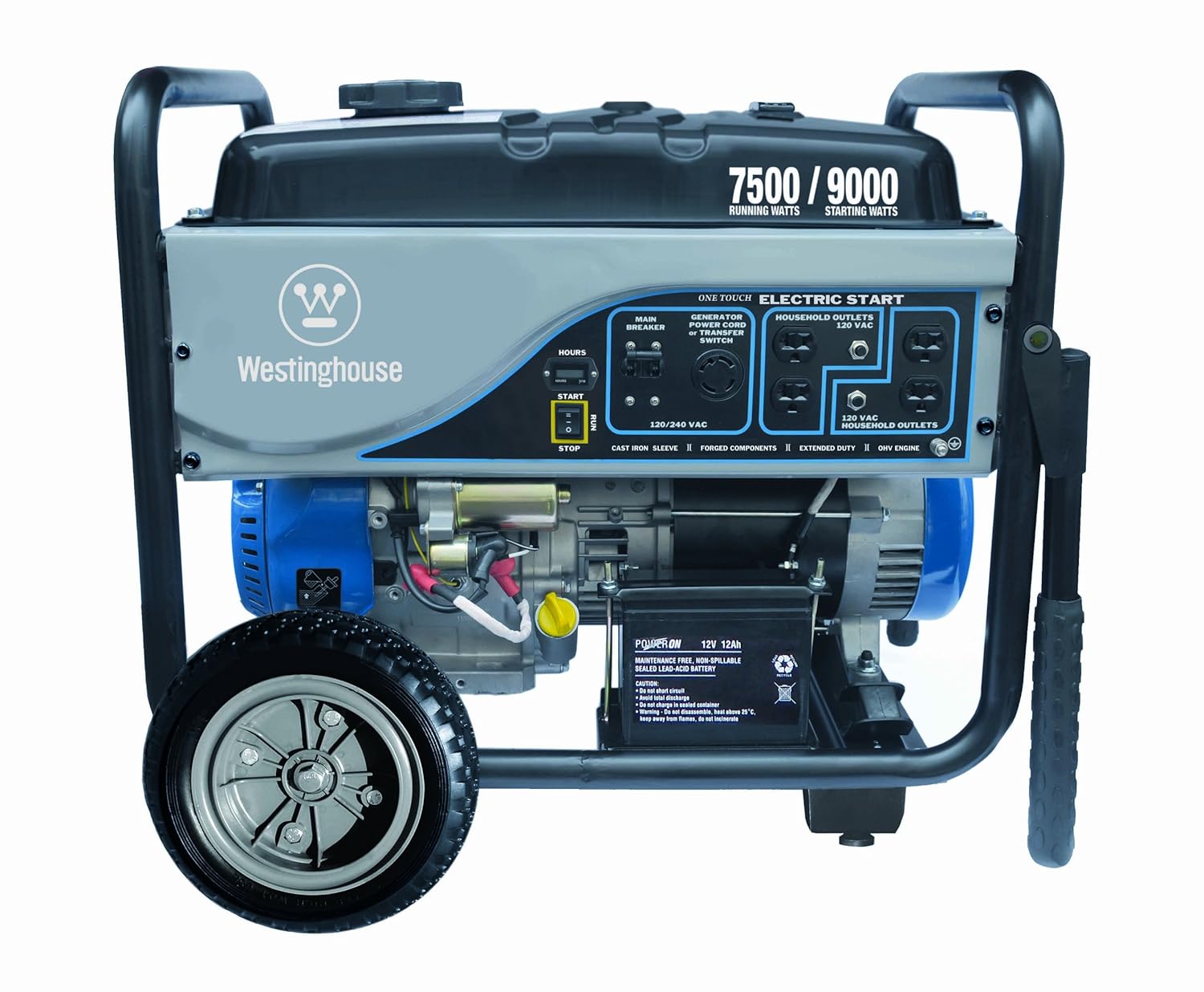All joking aside for some reason winter season seams to catch everyone by surprise. Most people are just ill prepared even for the most predictable of things. I was reading a post in a forum a few days ago about how someone helped out his neighbor by loaning them a spare generator. Guess who didn’t bother buying a generator for the following winter?
Ideally you would have a solar power setup, a wood burning stove and require as little electricity as possible. But the fact still is in some cases people need electricity for heating, pumping water, cooking and communicating among other things.
When buying a new generator, keep the following in mind:
*Buy Quality
Pay once, cry once. A generator can be priceless during disasters. How people were stealing generators during Hurricane Sandy, even offering sex in exchange for one on Craigslist, goes to show how valuable it can be when you really need one. The last thing you want is for your generator to fail when you need it the most so its important to buy quality products with plenty of good reviews.
You’re probably better off buying a new one with a good warranty than picking a used one which may or may not serve you well, depending on how the previous owner maintained it.
*Get only as much generator as you need
Bigger is not always better. It may just mean that you’re wasting fuel generating electricity you don’t need and you’re going through your fuel reserves much faster than needed.
So as to prevent this, add up the wattage of the appliances you plant to use (check manual or inscription in appliance) and remember to take into account that some electric motors draw three to five times more power when starting than when running under full load. Since you probably wont be starting all appliances at once, simply add the starting wattage of the most demanding appliance you plant to connect.

Dual fuel generators allow you to use both gasoline and propane gas. This is a big advantage in terms of logistics and cost. For medium to long term blackouts, the cost of fuel is a big consideration and it will add up quickly. Propane is much cheaper. Propane is also much more stable, easier to store and doesn’t degrade like gasoline does as time goes by. It also means that if needed, you can scrounge propane for people’s barbeque among other possibilities.The Champion generator shown below can use gaslone of LPG, which make it 50% to 70% cheaper to run. It has excellent reviews, is sold and shipped by Amazon which gives extra peace of mind and comes with a 2 Year Limited Warranty.

Fernando “FerFAL” Aguirre is the author of “The Modern Survival Manual: Surviving the Economic Collapse” and “Bugging Out and Relocating: When Staying is not an Option”.








3 comments:
With the same ~$1000 budget for a generator, you can get 300Watts of solar panels, charge controller, and batteries that will let you run LED lighting and communication.
Add an inverter/charger and you are more prepared for low-quality power common in collapsing economies that are still limping along. A generator is for running large loads and charging battery bank during long periods without good sunshine. I'd combine my loads that are big (freezer/clothes washer/water pump/power tools) and run a gas gen-set to use them, while the battery is also getting some charge. Morning is a good time to run for a few hours, then do service on genset. 24/7 operation of 3600 rpm genset to be able to flip on a light or watch tv is noisy, fuel-guzzling and wears out the genset rapidly. Disagree that propane is a good alt-fuel for genset: the engine is generally low-compression to be able to use 85 octane "regular" or worse fuel, not high-octane equivalent that propane is. Dedicated propane engine, sure. Propane is almost as dangerous as gasoline, and should not be used or stored where people sleep. Diesel is much less dangerous to store or handle, and the US-Mil thinks so too.
Fusing and transfer switching makes power safer, as does planning ahead.
pdxr13
If using a portable genset have something to chain it to or it might get stolen.
They make those in tri-fuel as well. They can run on natural gas. Those air cooled units are really loud. Honda makes some very quiet ones but they cost a lot more. Note they also generate less power when using gas.
Post a Comment